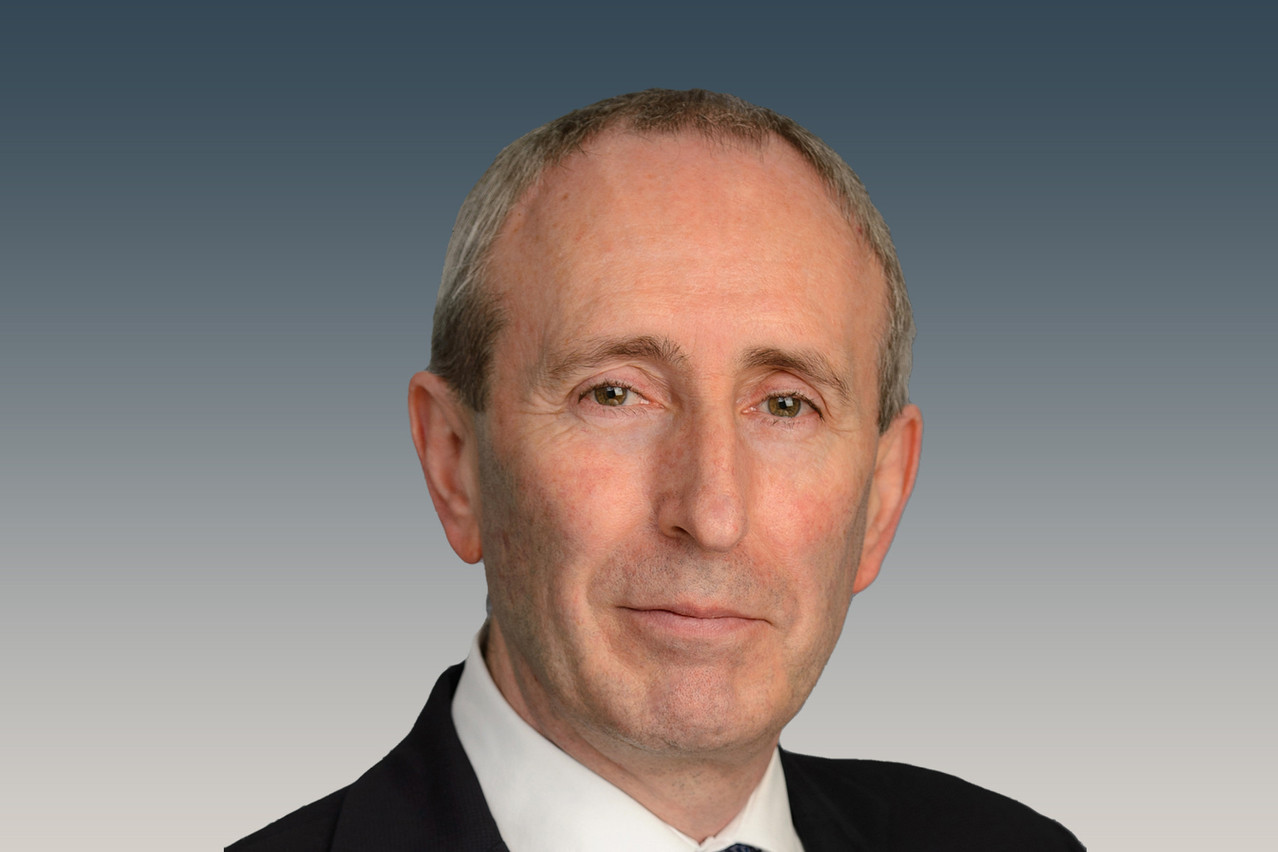Fidelity International launched its second real estate climate impact fund, the Fidelity real estate logistics impact climate solutions fund, raising €200m in initial commitments. Announced on Monday 8 April, the fund garnered considerable support, with Rest Super, one of Australia’s profit-to-member superannuation funds, committing €80m to the fund at first close, alongside an agreement to potentially invest up to an additional €120m in subsequent rounds.
The real estate sector plays a pivotal role in addressing climate change, given that over 40% of total carbon emissions stemmed from this industry, stated Fidelity. This underscored the urgency for investment in sustainable solutions. With 85% of buildings in the EU exceeding 20 years in age, there was a compelling investment opportunity to transform existing infrastructure from environmentally detrimental to sustainable, noted the press statement.
The Fidelity fund, focusing on the logistics sector across core Western European markets, adopted a value-add strategy by acquiring and refurbishing existing assets to deliver high-quality, net-zero carbon-operated properties. The fund’s approach aligned with sustainable finance disclosure regulation article 9 standards, noted Fidelity.
According to research by Fidelity, ‘brown’ logistics buildings were trading at attractive entry points, up to 30% below peak valuations in 2022. This trend was juxtaposed against multiple demand tailwinds in Western Europe, including the burgeoning e-commerce sector and heightened focus on supply chain resilience post-pandemic, stated Fidelity.
Andrew McCaffery, co-chief investment officer at Fidelity International, remarked on the launch of the fund, highlighting the collaborative effort with clients to address evolving investment needs. McCaffery expressed satisfaction with the growing client interest in climate impact strategies within real estate, citing the potential to accelerate assets’ pathway to net zero while offering attractive investment returns. He also mentioned the forthcoming opportunity for investors to participate in the fund’s second close towards the year’s end.
Rest’s chief investment officer, Andrew Lill, also shared positive sentiments regarding the Fidelity fund, emphasising its potential to benefit Rest’s extensive membership base, particularly the younger cohort. Lill highlighted the attractiveness of logistics properties coupled with growing demand for energy-efficient facilities, foreseeing strong financial returns and accelerated progress towards a carbon-neutral economy through investments in the fund.
